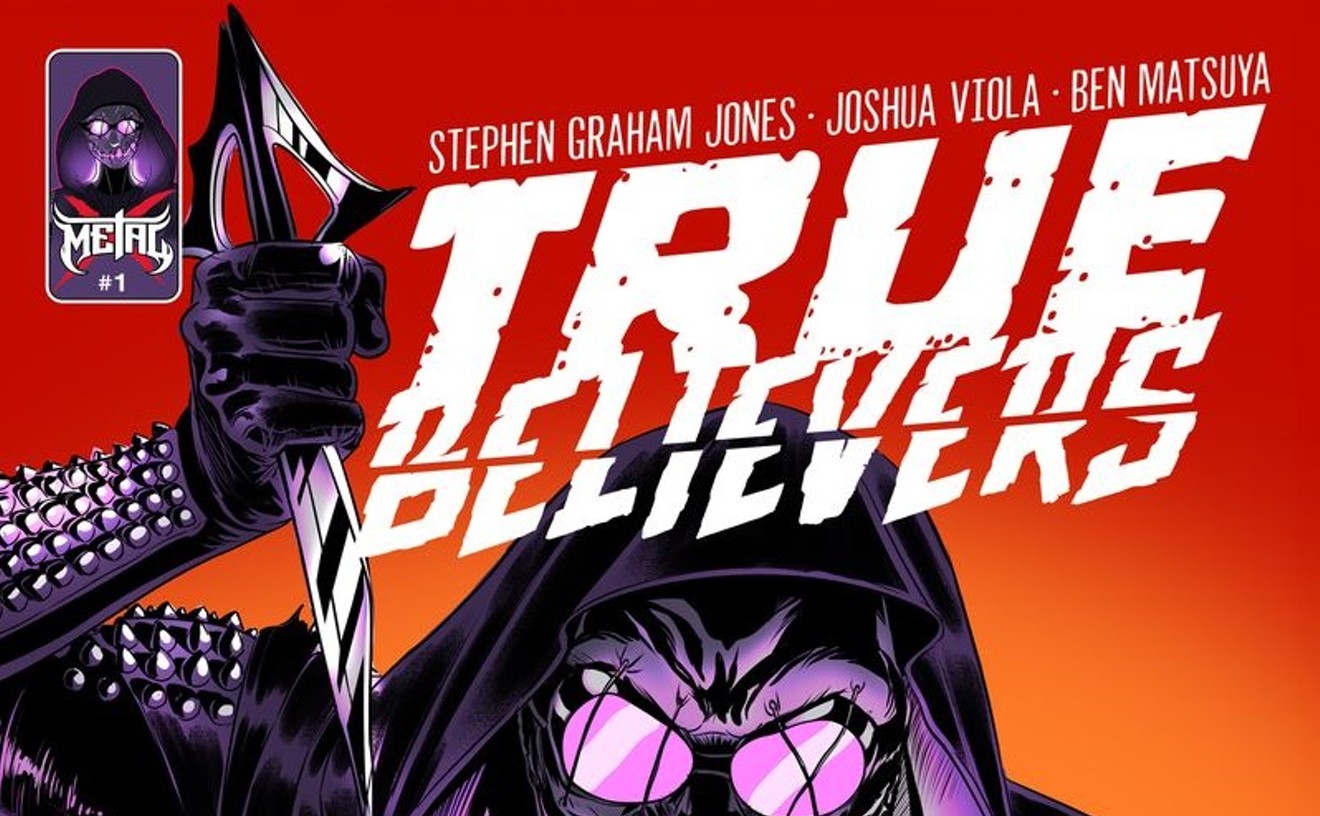Charity works at the Fandango Ballroom, where women sell dances and sometimes more to men. Uneducated and naive, she longs to find love and a safe, suburban life, but every man she falls for turns out to be corrupt. The musical is an odd pastiche, an adaptation of Fellini's film about a naive Italian prostitute, Nights of Cabiria, by the mild and incorrigibly middle-class American Neil Simon. So it doesn't know whether it wants to be raunchy or sunny, comic or tragic, and there are some really weird moments. Like the number about a hippie church, "The Rhythm of Life," in which a hugely Afro'd black pseudo-preacher leads his choir of drugged and ecstatic congregants in song. The sound is appealing, but the significance confusing; it's unclear whether this is intended as a sneer or a celebration. And the show's determinedly upbeat ending -- made slightly more upbeat here by director Scott Faris -- seems pretty hollow when we know Charity is doomed to a life of penury and destitution.
What saves this odd mix of fantasy and grim reality are the songs. With Cy Coleman's music and Dorothy Fields's lyrics, the show brims with wonderful numbers: "Big Spender," "If My Friends Could See Me Now," "There's Gotta Be Something Better Than This," "Baby, Dream Your Dream."
In the original Broadway production, the other selling point was Bob Fosse's spiky, savage choreography, performed to perfection by his wife, Gwen Verdon, as the first Charity. I have mixed feelings about Wayne Cilento's choreography here. I like the bowler-hatted strutting of "I'm a Brass Band," for example. But the fake boxing moves that keep popping up, the endless hip wiggling of "Rich Man's Frug" and the way Cilento denotes sleaze, with out-thrust rumps and a little skirt-flapping move that makes the women look as if they're cooling off their private parts, leaves me cold. The dancers in the chorus are so strong, I found myself wishing they had something better to do, even wondering if they minded the dopey moves they'd been given.
Ringwald, on the other hand, can barely dance at all. She's game and manages a kick or two, and there's something sweet about her clumsiness, but Verdon she's not. As a singer, she brings strength and richness to the lower register, but hers isn't a stunning voice, either. Nor does she exactly fit the character of Charity. She's no waif, but solidly grounded. Still, none of this matters: There are women in the chorus who could probably outdance and outsing Ringwald a thousand times, but none would bring the subtlety and vulnerability to the role that she does. You care about her Charity. You root for her.
Ringwald is far from the production's only strength. Amanda Watkins gives us a standard-issue cynical New Yorker in Nickie, but she has a terrific vitality and dances brilliantly. Every one of Kisha Howard's little squeaks as Helene was amplified by the giggles of a group of women sitting behind me; annoying as they were, I understood their enthusiasm. Howard is funny, and she has a wonderful, Nell Carterish voice. When she and Watkins sing "Baby, Dream Your Dream" together, you want it to go on and on and on. Richard Ruiz, who plays Herman, has a glorious tenor but, unfortunately, very little solo singing to do. I'd suggest silencing the chorus, cutting down the extraneous business and letting him have "I Love to Cry at Weddings" all to himself. Best of all, though, is Guy Adkins's performance as Charity's neurotic lover, Oscar. He's puckish and physically slight, with a fine voice, and so light on his feet that every step he takes looks like dance. When Oscar finds himself stuck in an elevator with Charity, his shenanigans as he literally climbs the walls have to be seen to be believed. He also gives the character depth and dimensionality.
Musicals these days tend to consist of nothing but surface: color and glitz, a hard, empty shell of percussive sound and loud, quavering song, expensive and elaborate sets and costumes, mechanical dancing and soulless acting. But despite its flaws -- perhaps in a way because of them -- this production of Sweet Charity restores the heart to the musical enterprise.











